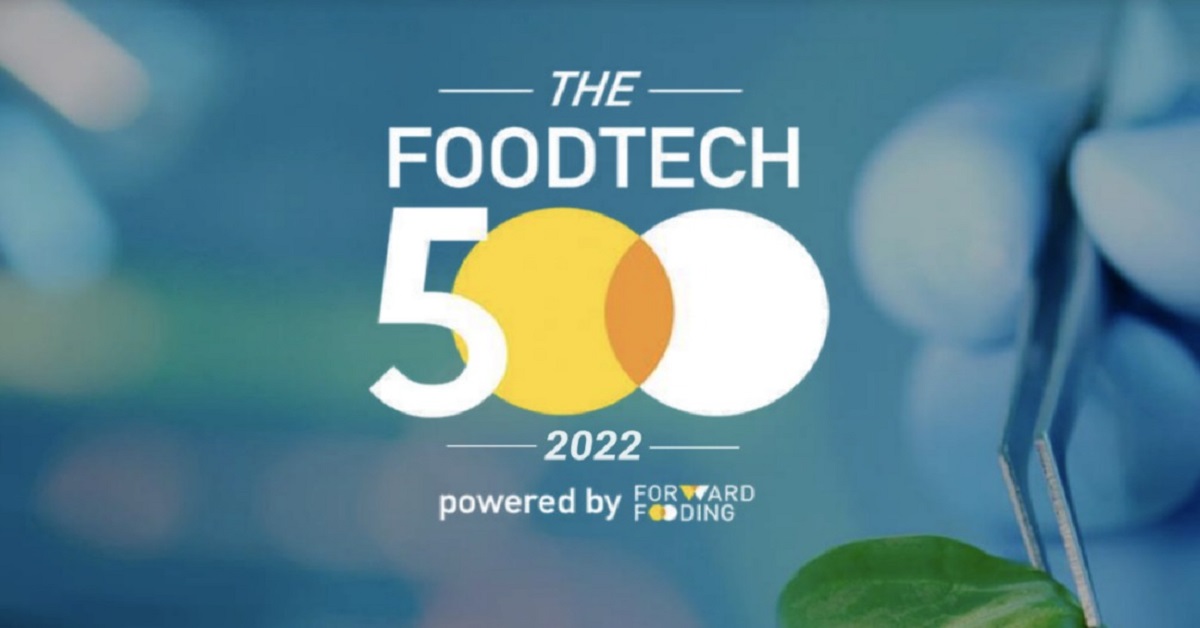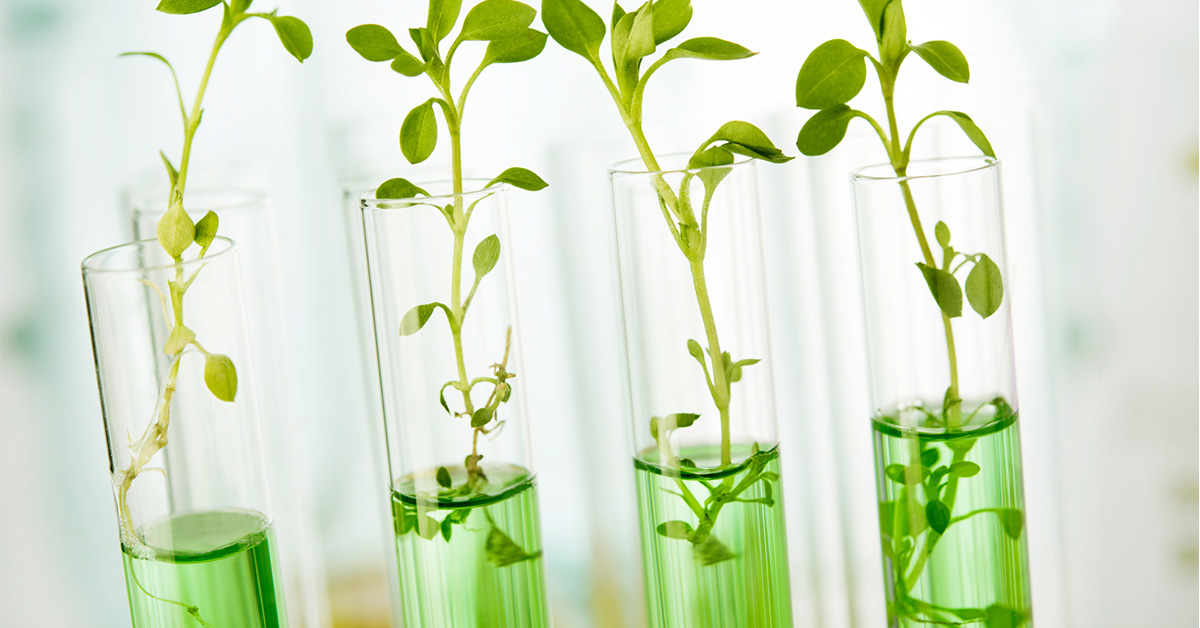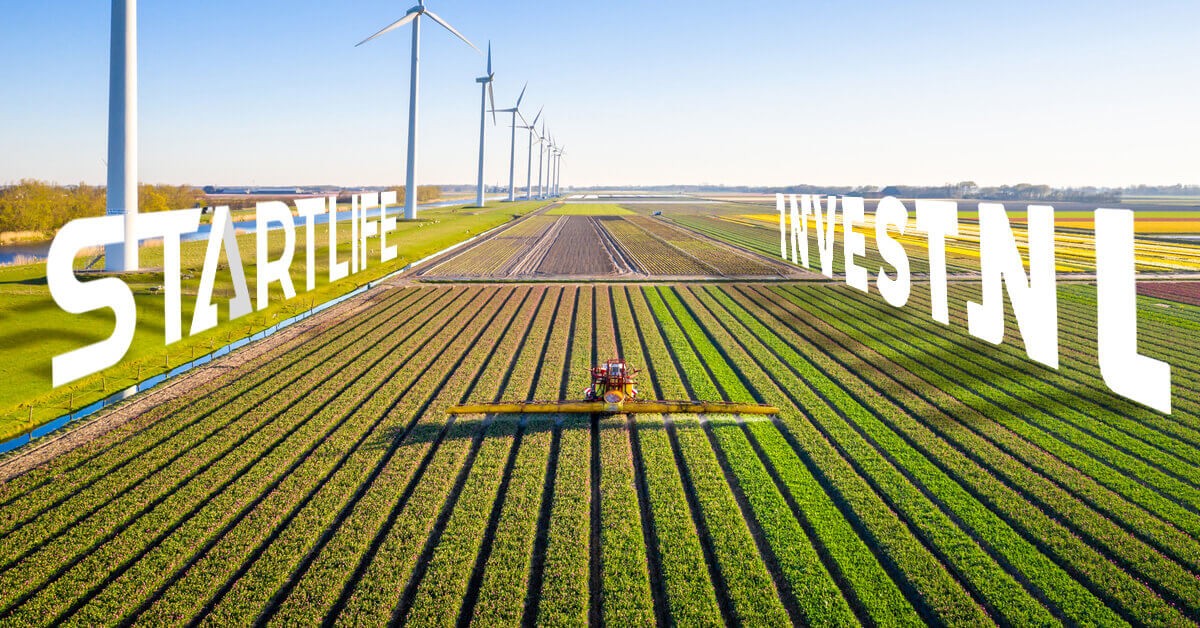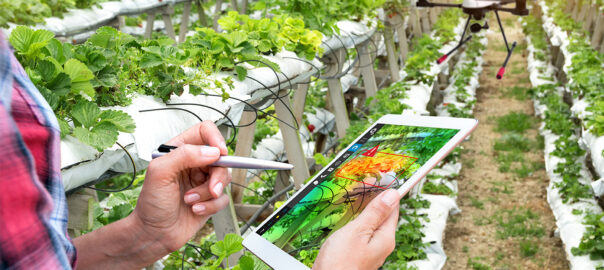We are proud to say that an impressive 19 StartLife alumni are featured in the 2022 FoodTech 500 list. Each year, this FoodTech 500 list is released by Forward Fooding, which is presented as the Fortune 500 of AgrifoodTech.
The 2022 edition saw 2000+ applicants from 67 countries. The list brings optimism as it reveals the amazing diversity of those tackling the food crisis.
Among the 500 companies selected in the FoodTech 500 list are 19 of our own alumni. We thought we would take the opportunity to highlight the StartLife alumni innovating and disrupting the Food Tech industry.
Check out our innovative startups below and their position in the FoodTech 500 List!
Starting in descending order, we have-
472. Clearleaf
ClearLeaf was launched in Costa Rica to commercialize GotaBlanca, a non-toxic contact action liquid emulsion that uses nanotechnology for the control and management of agricultural fungal and bacterial pests on living plants and postharvest on fruits, vegetables, and flowers.
467. Cellrev
Cellrev revolutionizes cell cultivation with their scalable bioprocessing technology to ensure today’s producers can meet tomorrow’s demand. The company has developed an industry-first continuous process that enables more efficient and affordable cell proliferation.
442. Naturannova
Naturannova is on a mission to unlock the potential of novel plant proteins to create healthier, sustainable, and cleaner label ingredients.
418. Celine
Celine is an instrument that enables full control of water and nutrient management in greenhouses and vertical farms. Celine measures the nutrients in irrigation water and provides automatic nutrient dosing in greenhouses. It delivers crops with optimal quality and the best yield possible, with minimum use of resources like water and fertilizer.
392. Crocus Labs
Crocus Lab’s mission is to empower the world’s transition to sustainable food through increasing sun-like, efficient light technologies for greenhouses, vertical farms, and all other forms of closed environment agriculture. As the world’s only vertically integrated horticulture luminaire system company, Crocus Labs continues to innovate, scale, and reduce the costs of operating indoor farms while improving crop quality.
385. Muddy Machines
Muddy Machines is building field robots to relieve labor shortages in a sustainable way, driving the agriculture industry towards zero emissions with its battery-powered robots whilst also targeting soil compaction with ambitious weight targets.
382. NoPalm Ingredients
NoPalm Ingredients “brews” tailor-made fermented oils and fats. These serve as high quality, sustainable, local, and circular alternatives to palm oil in food, cosmetics, and detergent products. The application of their technology can reduce carbon emission by 90% and land-use by 99%.
366. Umami Meats
Umami Meats is cultivating the future of sustainable seafood by crafting delicious, nutritious, affordable cultivated fish that is better for our health, our oceans, and our planet.
361. Frankles
Frankles uses clean technologies to extract unique aromas and flavors from nature while helping local food producers. Its technology will help make drinking beverages more natural, healthy, and socially fair.
345. Irriot
Irriot provides a wireless, self-powered irrigation automation platform with the main goal to significantly reduce water wastage in agriculture, save on electrical bills, eliminate human factor, and provide better crop yields in food production for the planet’s fast-growing population. The platform helps save water and electricity.
320. Allozymes
Allozymes is a leading deep technology company that applies its proprietary microfluidics technology to develop custom-designed enzymes for cleaner and sustainable manufacturing of complex natural products. Allozymes’ interdisciplinary innovation enables 10x faster enzyme engineering with 200X higher chance of success compared to robotics which enables breakthrough development in a wide range of industries.
279. Moa Foodtech
Moa Foodtech is establishing a new industry of sustainable food that solves growing food demands without the need for arable land. It does this by upcycling the by-products of the food industry and producing an alternative source of protein.
250. Better Dairy
Better Dairy uses precision fermentation to produce the same cheeses, yoghurts, ice creams that customers currently enjoy without having to use animals.
249. OrganiFarms
Organifarms is working on taking indoor farming to the next level by developing farm robots for labor-intensive processes such as the harvest, plant care, and monitoring of fruit and vegetables. Its first product is BERRY, a harvesting robot for strawberries, automating the harvest, quality control and packaging of the fruit in greenhouses.
234. One Third
One Third has software to help reduce food waste. The solution enables retailers to scan produce at distribution centers and at the store to accurately predict how many days are left before the food spoils.
205. Michroma
Michroma is a biotech platform producing natural ingredients in a sustainable, scalable, and cost-effective way. It uses synthetic biology to unleash the potential of filamentous fungi and develop proprietary strains capable of producing high-performance ingredients in bioreactors.
188. Sophie’s Bionutrients
We are developing a new sustainable plant-based protein out of microalgae.
It has a proprietary strain of microalgae which can grow in a fermentation tank, be fed on various food waste, and could be harvested in just 3 days. The microalgae have 60% protein which has a high quality essential amino acids profile, exceeding WHO requirements for protein products.
156. Orbisk
Orbisk makes the world food system more sustainable by using progressive and innovative technology. Their solution provides hospitality organizations with a complete insight into their food waste. And by doing so help them cut their waste in half. For this, Orbisk makes maximum use of recent developments in computer vision and AI.
124. Deep Branch
Deep Branch uses clean and renewable carbon and energy to create ingredients for a more sustainable food system. With a customer-focused research and development pipeline, it can quickly deliver high-quality, next-generation bio-based products to meet society’s demand for food and feed sustainably. Creating locally produced ingredients with up to 60% smaller carbon footprints than traditional alternatives mean Deep Branch’s products require no arable land and minimal water.
Download the Full Foodtech 500 list
You can read the full Foodtech 500 list by clicking here. Applications are already open for the 2023 edition, too.



